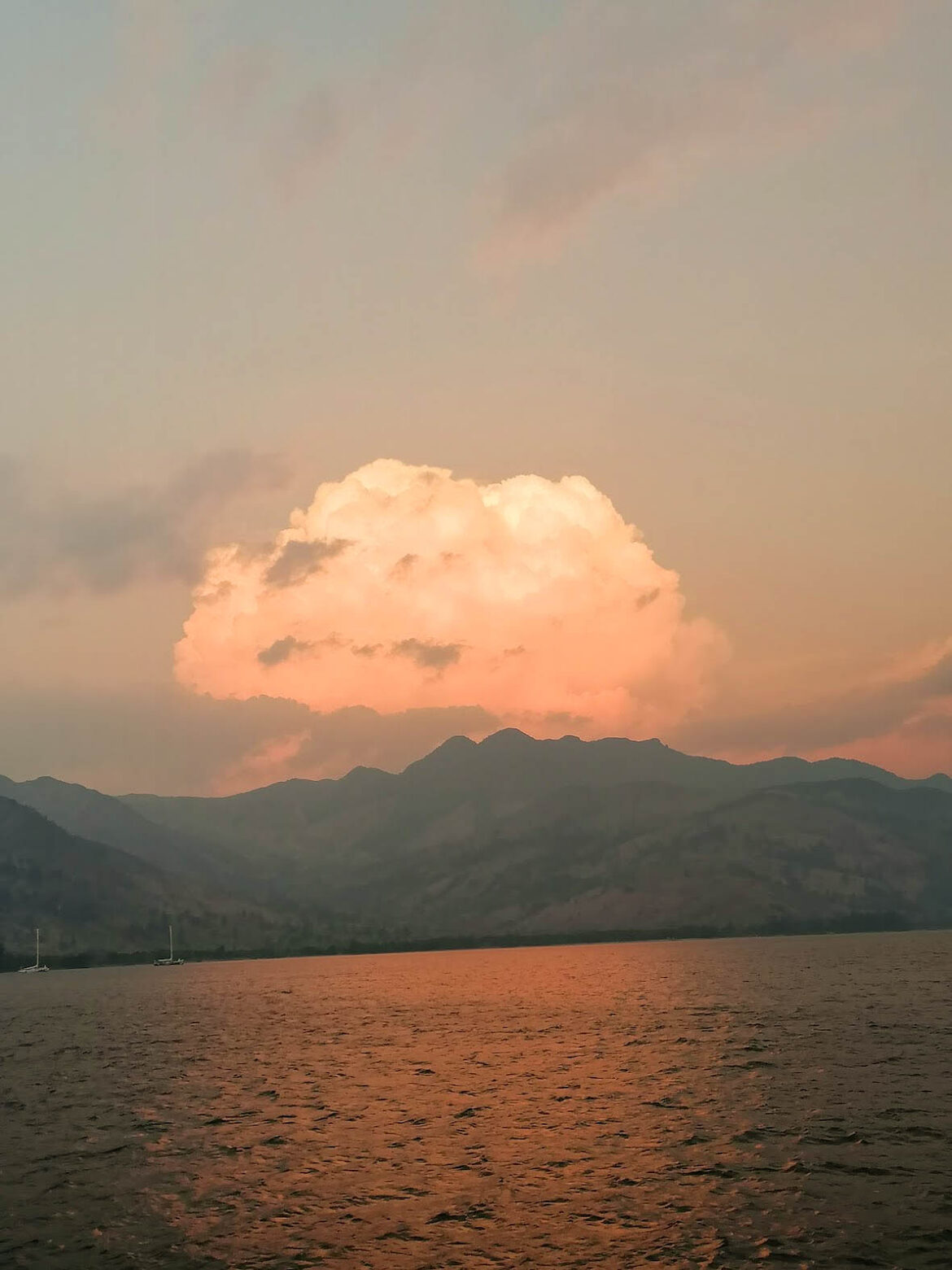In the intricate tapestry of human societies, the political arena is a dynamic stage where power dynamics play out, shaping nations' destinies and influencing individuals' lives. This complex landscape, marked by competition, negotiation, and strategic maneuvering, demands a nuanced understanding to navigate its intricacies successfully.
The Essence of Political Power
At its core, political power represents the ability to influence and control the behavior of others. It is the currency that drives decision-making processes at various levels of society, from local communities to the global stage. Understanding the essence of political power is crucial for anyone seeking to comprehend the dynamics of the political arena.
Political power can manifest in various forms, from the authoritative power vested in government institutions to the soft power wielded through cultural influence and diplomatic prowess. These different facets create a multifaceted landscape where leaders must adeptly navigate to achieve their objectives.
The Players in the Arena
The political arena is populated by diverse characters, each with motivations, ideologies, and strategies. At the forefront are political leaders, elected or appointed, who are responsible for making decisions that impact the lives of their constituents. Behind the scenes, influential interest groups, lobbyists, and other stakeholders exert their influence, often shaping the policies that emerge.
Political parties serve as crucial vehicles for expressing and organizing political ideologies. In democracies, these parties compete for the electorate's support, offering distinct visions for the future. The constant interplay between these entities creates a dynamic landscape where alliances are formed and rivalries emerge.
Navigating Ideological Landscapes
One of the defining features of the political arena is the presence of diverse ideologies. Whether rooted in economic philosophies, social values, or cultural perspectives, ideologies shape the policy landscape and contribute to the ideological polarization seen in many societies.
The challenge for political actors lies in navigating these ideological landscapes. Striking a balance between principles and pragmatism is an art form, as leaders must appeal to their base while also finding common ground with opponents to achieve meaningful progress. The ability to build bridges across ideological divides is often the mark of a skilled political operator.
Media's Role in Shaping Narratives
In the information age, the media plays a pivotal role in shaping political narratives and influencing public opinion. The 24-hour news cycle, social media platforms, and other communication channels amplify the voices of political actors and contribute to the rapid dissemination of information.
However, this increased connectivity also brings challenges. The spread of misinformation, the rise of echo chambers, and manipulating public sentiment through targeted messaging demand attention. Navigating the media landscape requires a keen awareness of its power and commitment to transparency and accuracy.
Global Dynamics and Diplomacy
Beyond national borders, the political arena extends to the global stage, where nations interact through diplomacy, trade, and international organizations. A complex web of alliances, rivalries, and geopolitical considerations shapes the dynamics of global politics.
Leaders must navigate these global dynamics with finesse, balancing the pursuit of national interests with the imperative of international cooperation. Issues such as climate change, economic interdependence, and global security require collaborative efforts, highlighting the interconnected nature of the world's political landscape.
Challenges and Opportunities
As with any arena, the political landscape is fraught with challenges and opportunities. Corruption, populism, and the erosion of democratic norms pose significant threats to the stability of political systems. At the same time, technological advancements, grassroots movements, and evolving societal values create opportunities for positive change and reform.
Leaders who can navigate these challenges while capitalizing on opportunities are poised to leave a lasting impact on the political landscape. Adapting to changing circumstances, building consensus, and inspiring public trust are essential for those who aspire to lead in this complex arena.
Conclusion: Navigating the Currents of Power
The political arena is a dynamic and ever-evolving space where the currents of power shape the course of nations. Navigating its complexities requires a deep understanding of the essence of political power, an awareness of the diverse players in the field, and a skillful approach to ideological landscapes.
In an era marked by rapid communication and global interconnectivity, political leaders must also contend with the influential role of the media and the intricacies of international diplomacy. Challenges abound, but so do opportunities for positive change and progress.
Ultimately, those who seek to make a meaningful impact in the political arena must be prepared to navigate the currents of power with integrity, resilience, and a commitment to the greater good. As the political landscape continues to evolve, so must the strategies and leadership approaches of those aspiring to shape its future.

Comments
There are currently no blog comments.